Introduced by Geoff Kaufman
There are a number of versions of this lovely song most commonly called “Home, Dearie, Home.” I first heard this one from Ed Trickett in a house concert in NYC just as I was getting serious about performing and I often give it credit for steering me toward a career built around maritime music. I love its poignant vignette of the sailor far from home and the whimsical twist of the wife neglecting to tell him if their baby is a boy or girl.
Hear the song performed by Geoff Kaufman:
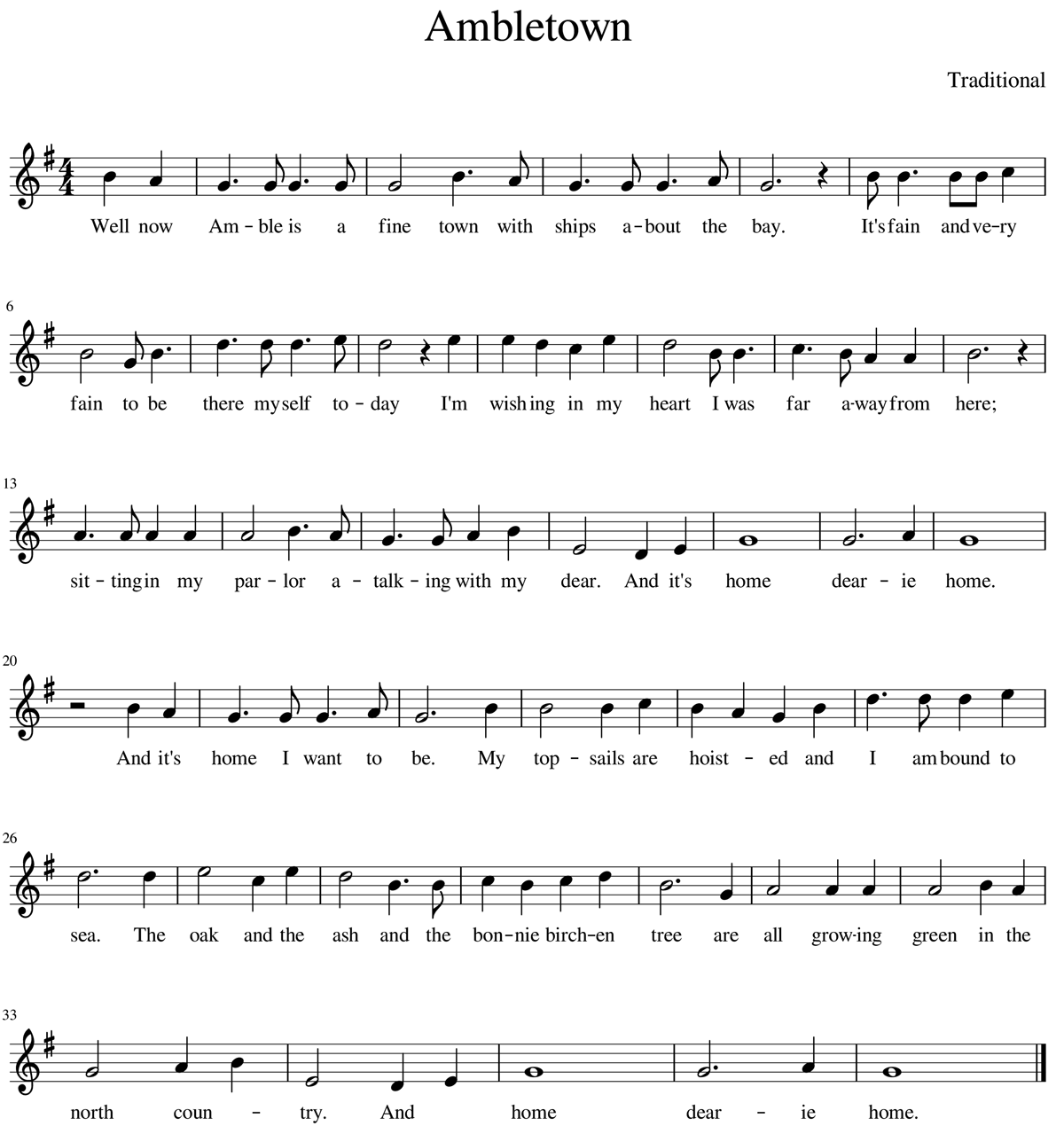
Lyrics
Well now, Amble is a fine town with ships about the bay
It’s fain and very fain to be there, myself, today
I’m wishing in my heart I was far away from here
Sittin’ in my parlor a-talkin’ with my dear
And it’s home, dearie, home
And it’s home I want to be. My topsails are hoisted and I am bound to sea.
The oak and the ash and the bonnie birchen tree
Are all growin’ green in the north country
And it’s home, dearie, home.
Well, a letter came today, but somehow I cannot speak
The proud and happy tears are rollin’ down my cheek
“There’s someone here,” she said, “you’ve been waiting for to see
With your merry hazel eyes looking up from off my knee.”
And it’s home, dearie, home.
And it’s home I want to be. My topsails are hoisted and I am bound to sea.
The oak and the ash and the bonnie birchen tree
Are all growin’ green in the north country
And it’s home, dearie, home.
But that letter did not say if we had a boy or girl
It’s got me so confused, my heart is in a whirl
I’m going back to port where I’ll quickly turn around
And take the fastest ship that to Ambletown is bound
And it’s home, dearie, home.
And it’s home I want to be. My topsails are hoisted and I am bound to sea.
The oak and the ash and the bonnie birchen tree
Are all growin’ green in the north country
And it’s home, dearie, home.
Well now, if it be a girl, she shall wear a golden ring
If it be a boy, he’ll live to serve the king
With his buckles and his boots and his little jacket blue
He’ll walk the quarterdeck like his daddy used to do
And it’s home, dearie, home.
And it’s home I want to be. My topsails are hoisted and I am bound to sea.
The oak and the ash and the bonnie birchen tree
Are all growin’ green in the north country
And it’s home, dearie, home.
And it’s home I want to be. My topsails are hoisted and I am bound to sea.
The oak and the ash and the bonnie birchen tree
Are all growin’ green in the north country
And it’s home, dearie, home.
Geoff Kaufman‘s early interest in the folk music of the mid 60s rumbled along as an avocation from high school through college to graduate school. Then he took a left turn when he began performing with some fellows in Queens, NY, becoming the quartet STOUT, which sang at OpSail ’76 in NYC and at the first Sea Music Festival at Mystic Seaport Museum in CT in 1980. That led to a thirty-five year career singing and running music programs at Mystic from 1984 – present. During his NYC years, he also met the Hudson River Sloop Clearwater and became a Sloop Singer which has shaped another significant part of his repertoire – songs of the earth, heart and spirit.

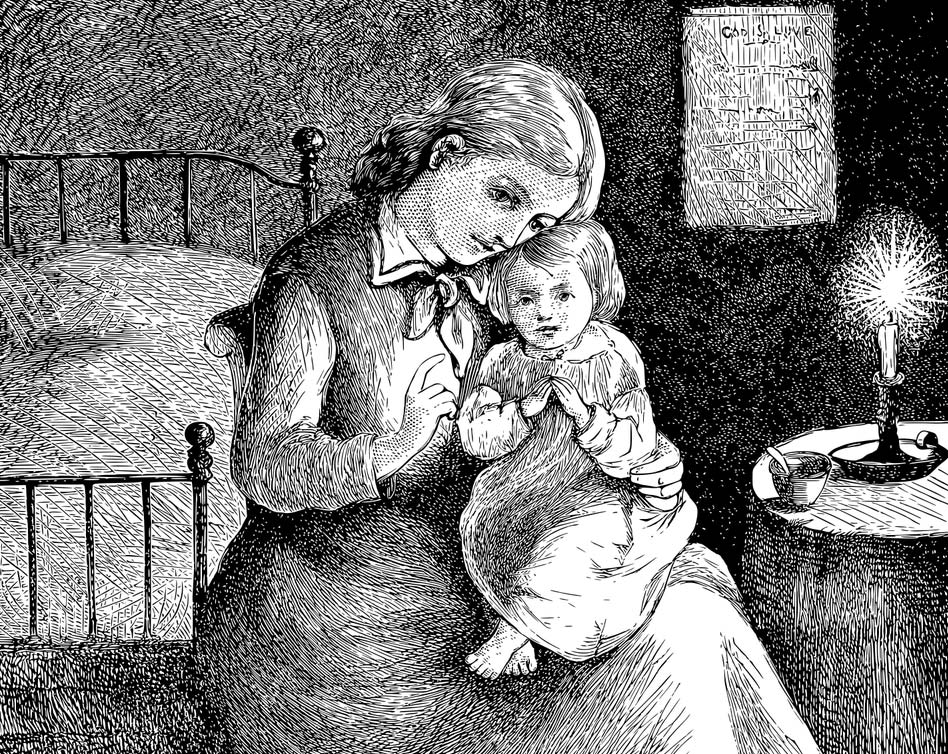
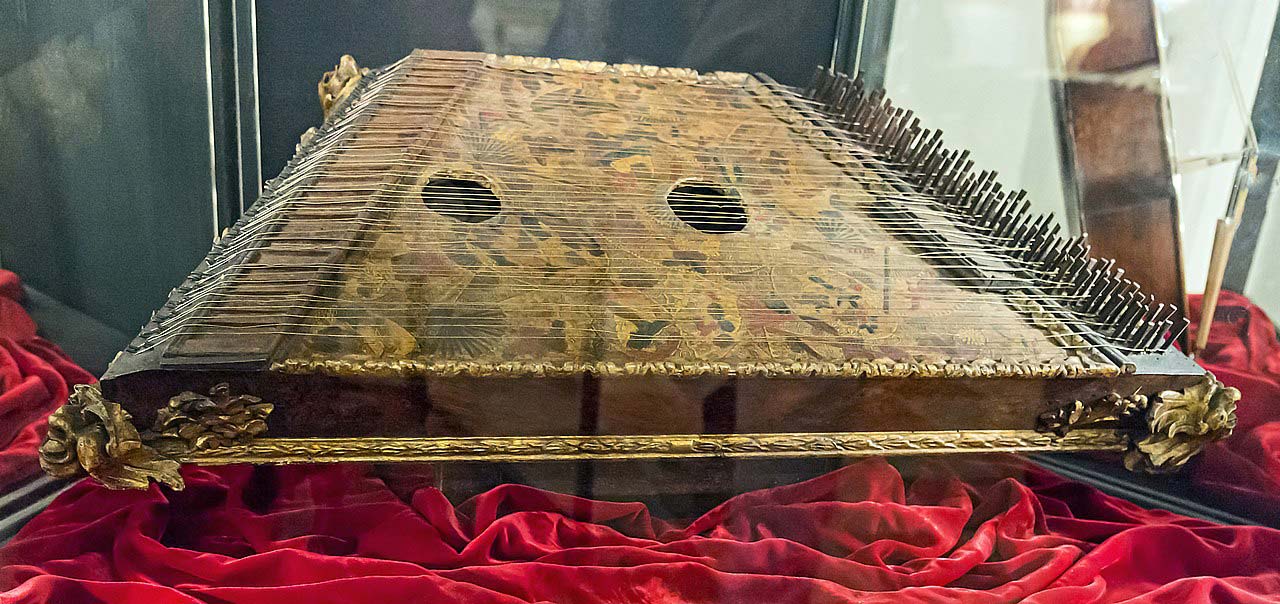
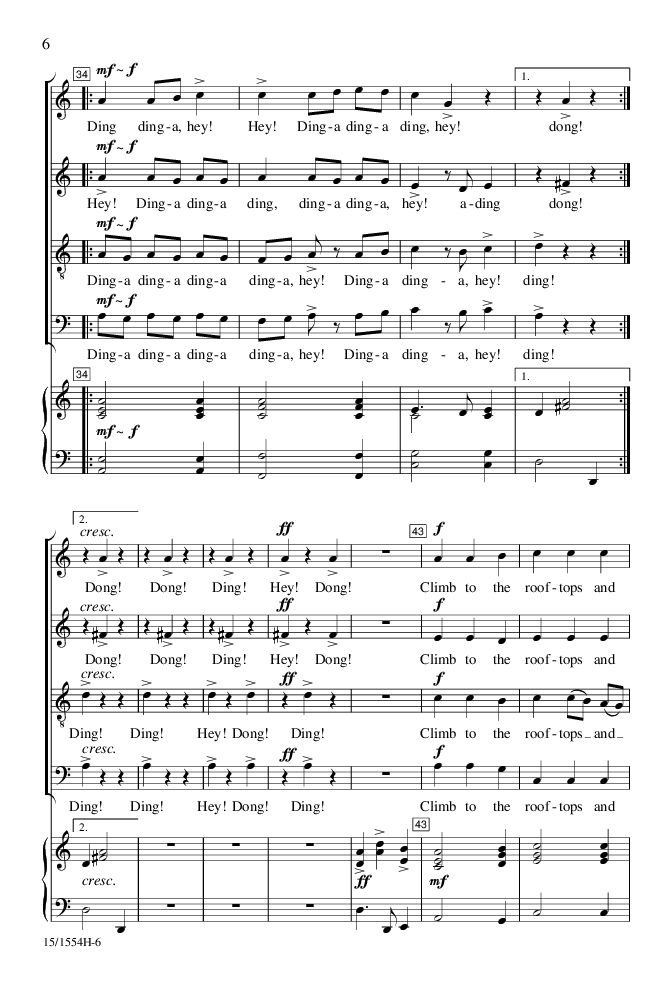
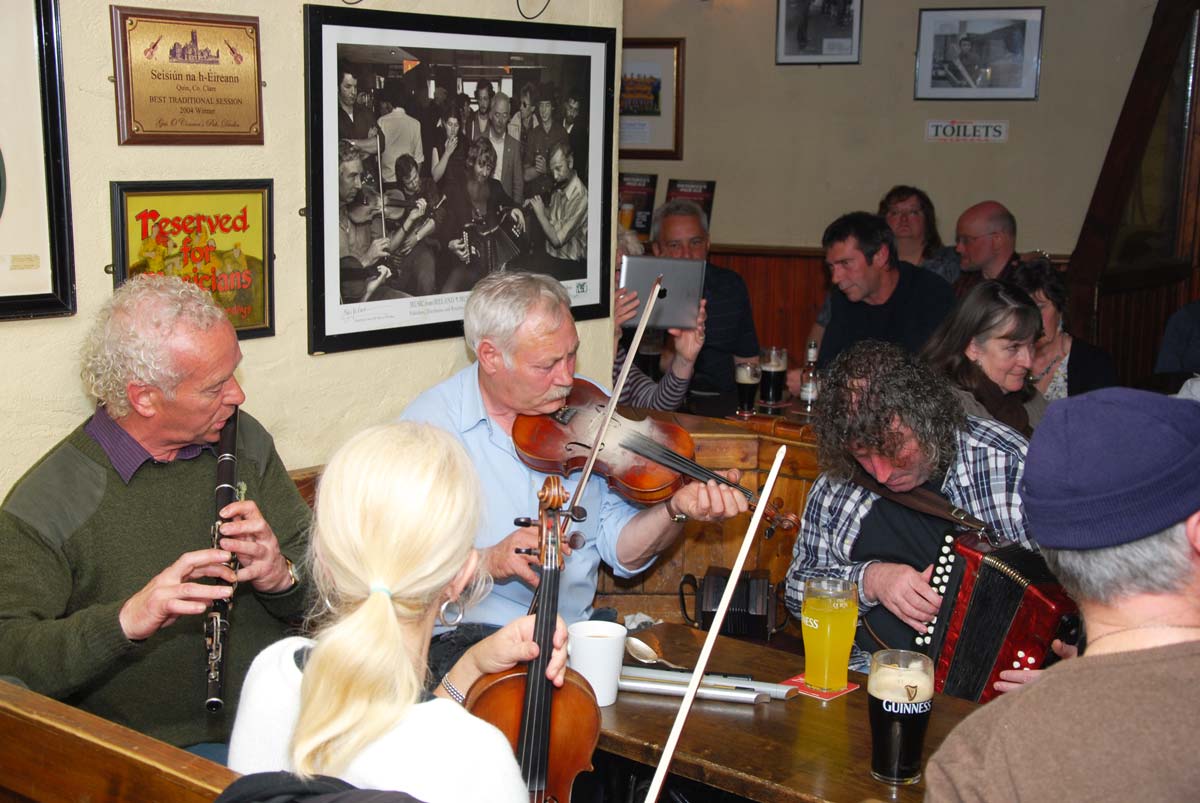
 Lyrics
Lyrics
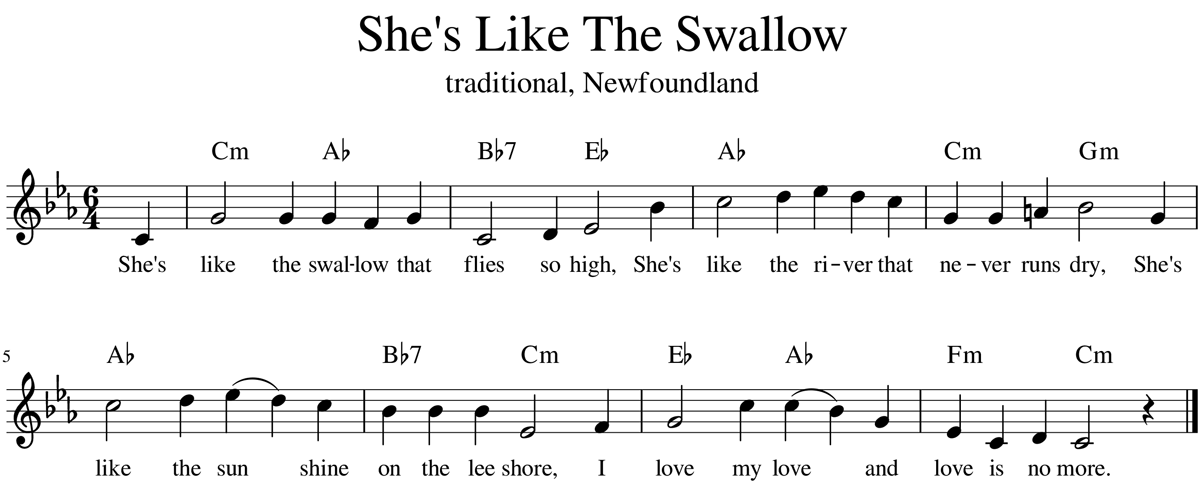
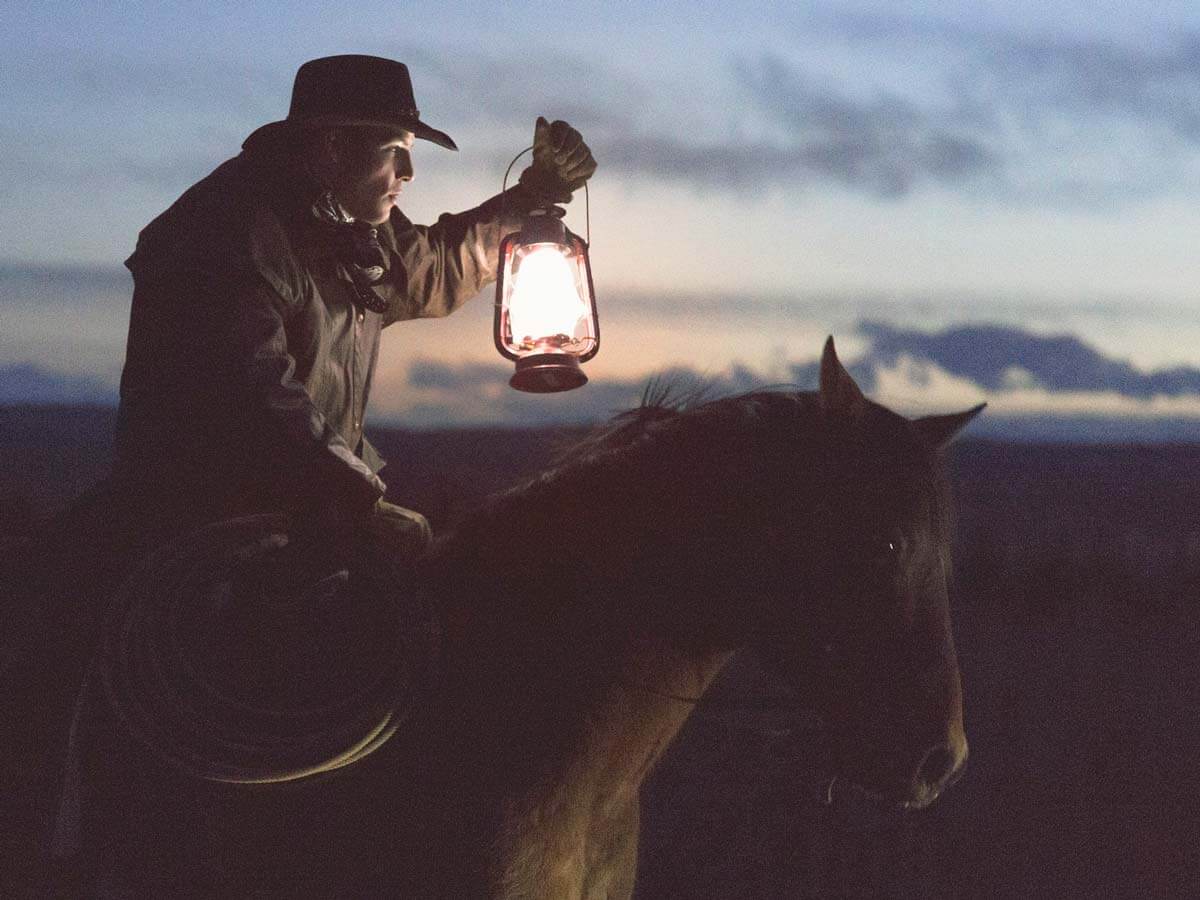
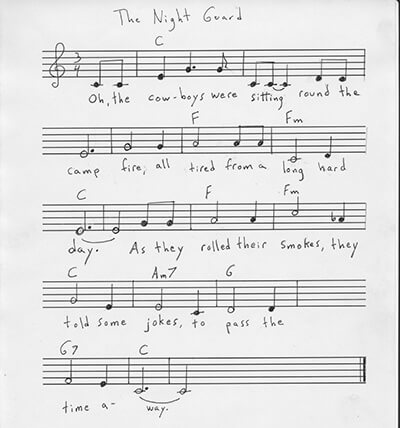
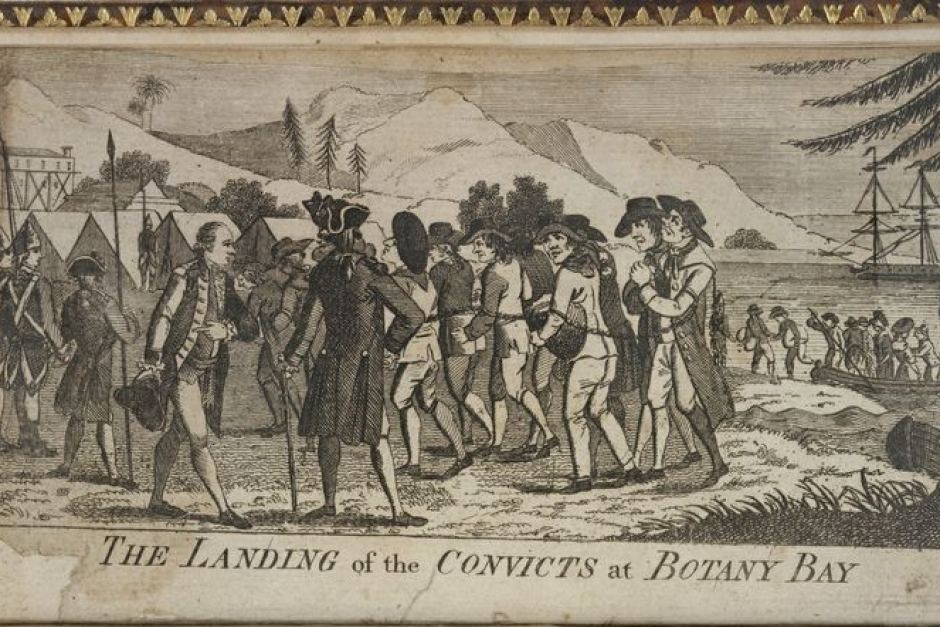
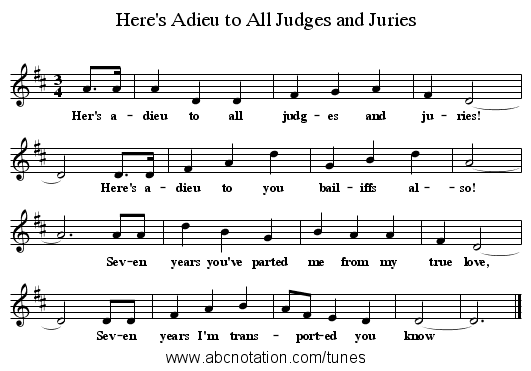
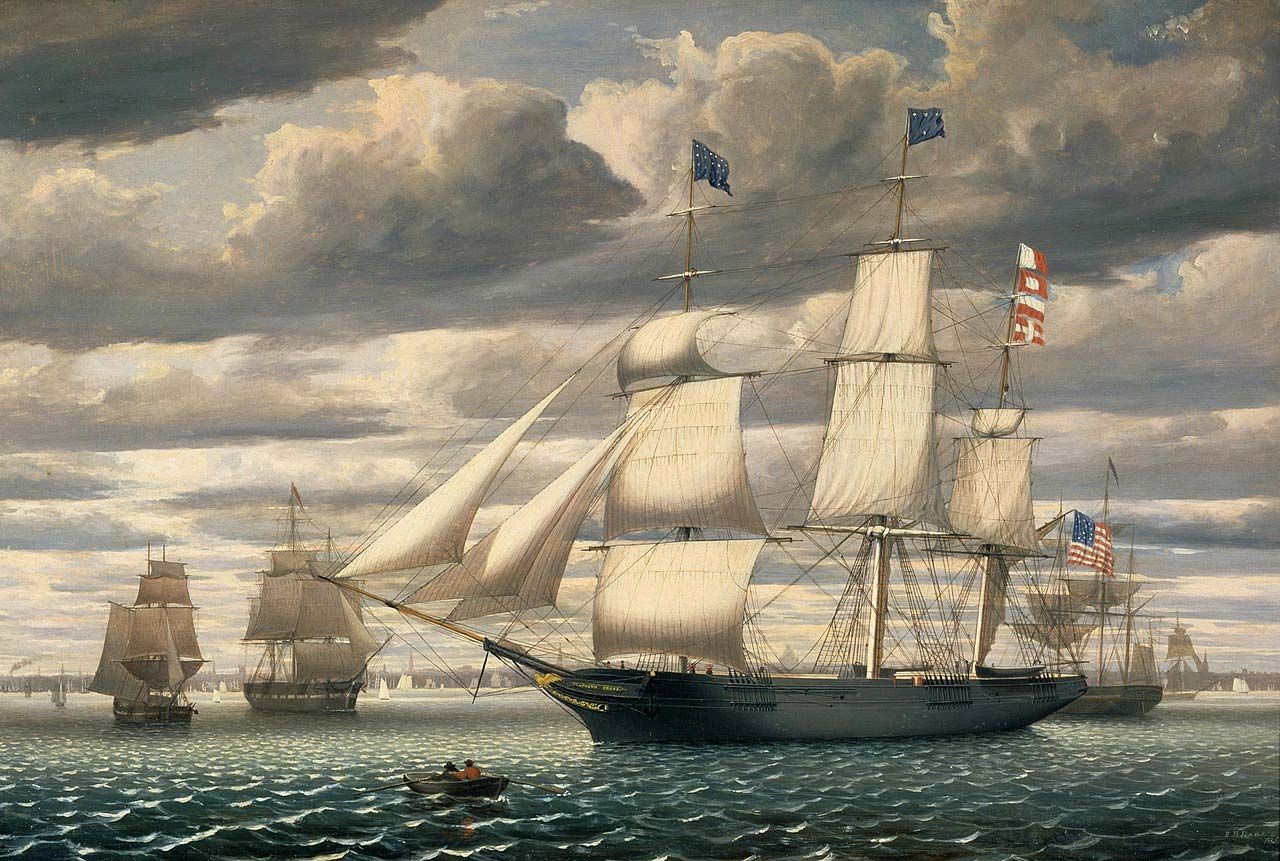
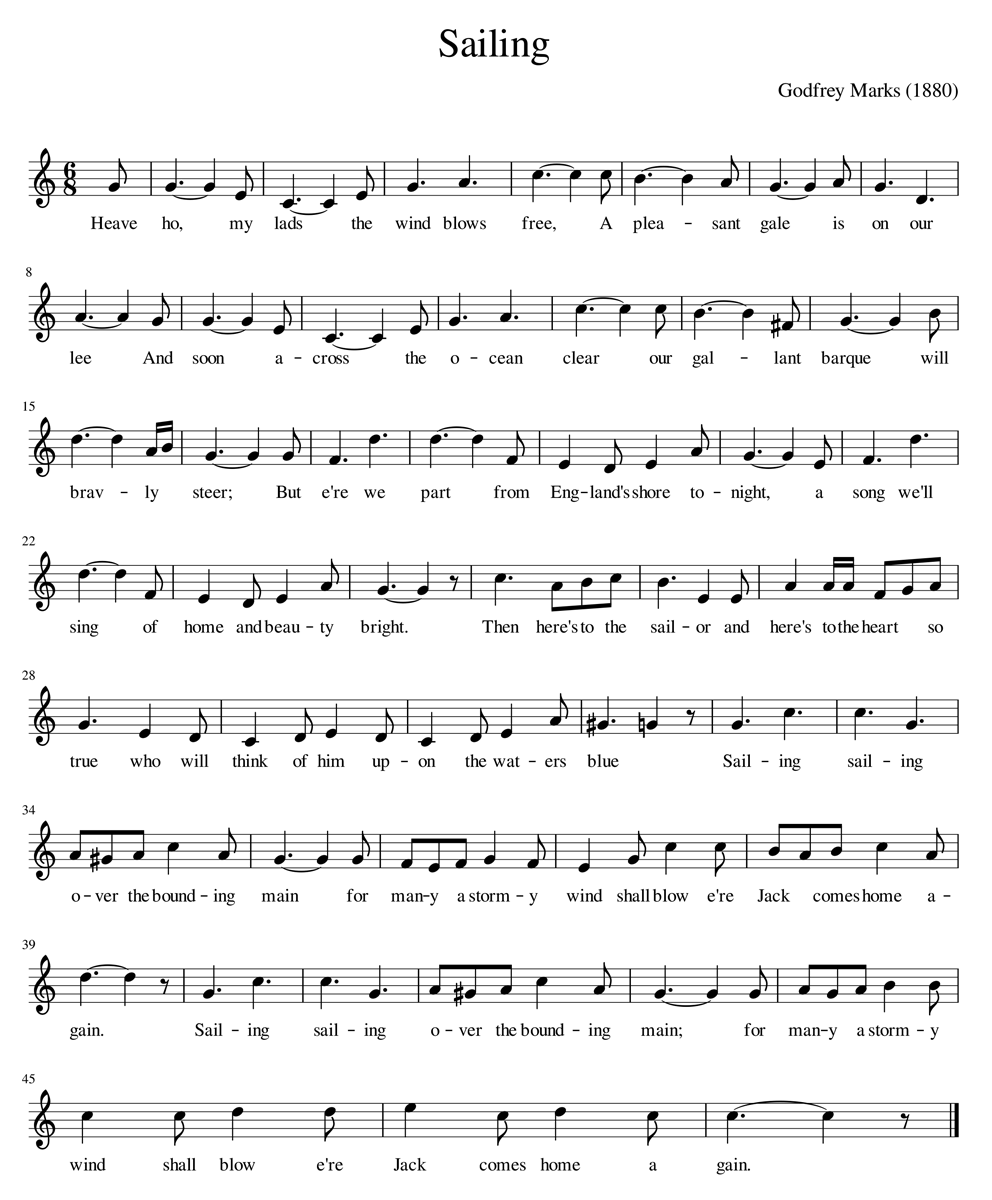
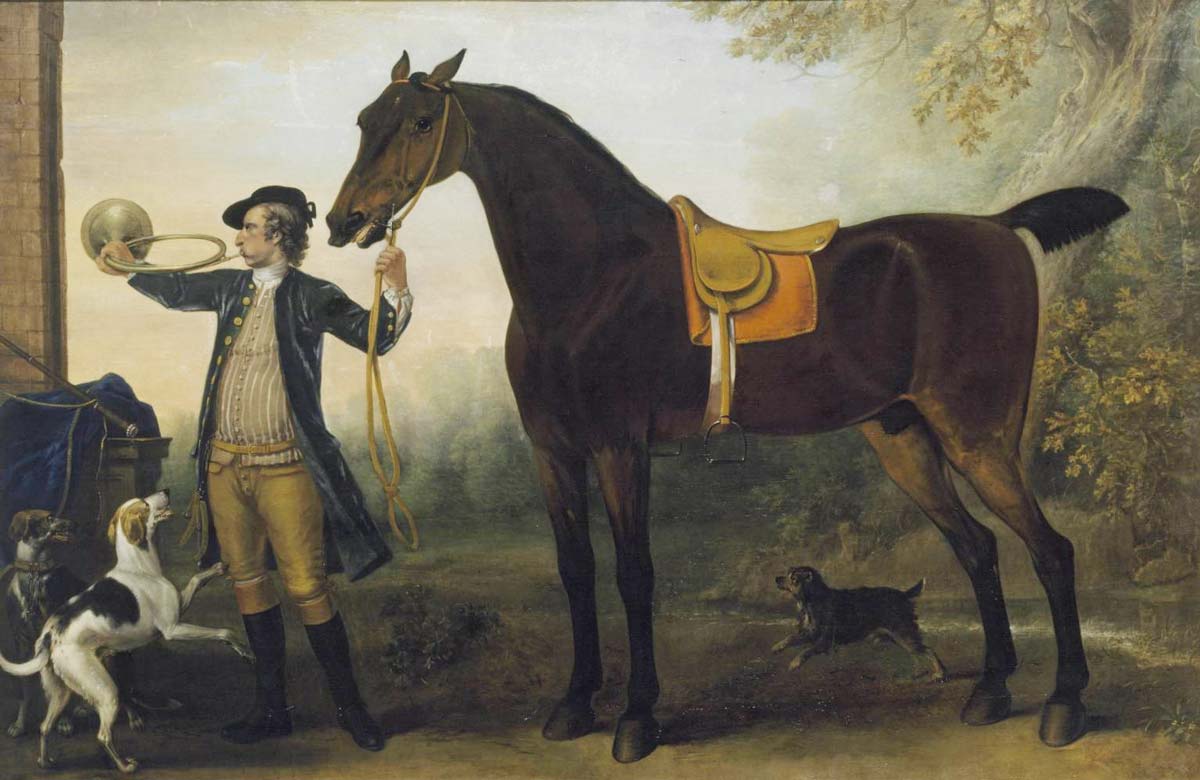
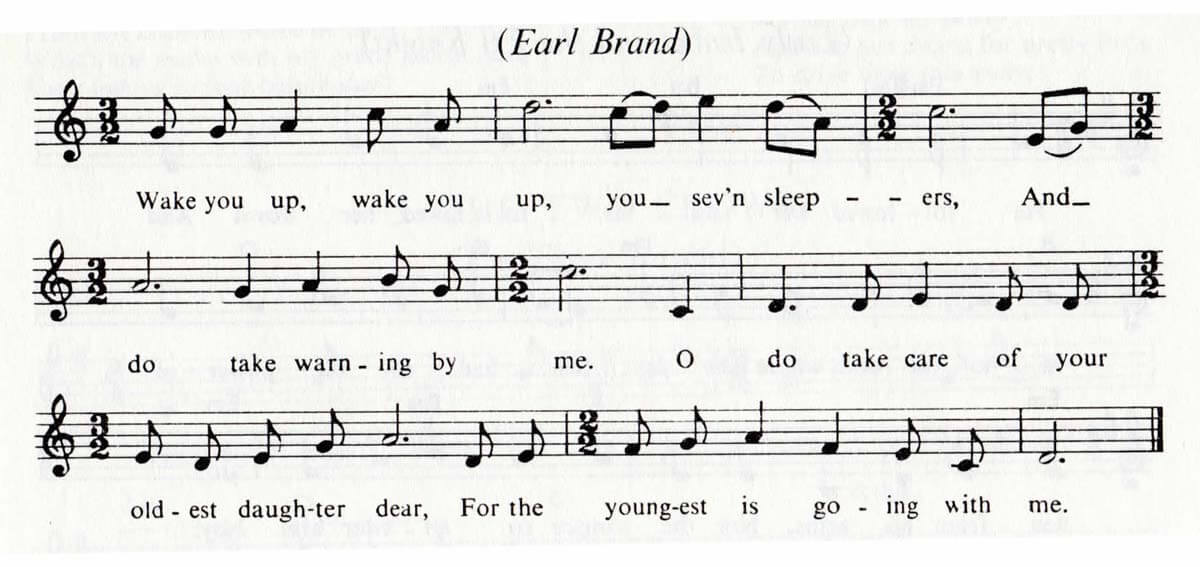
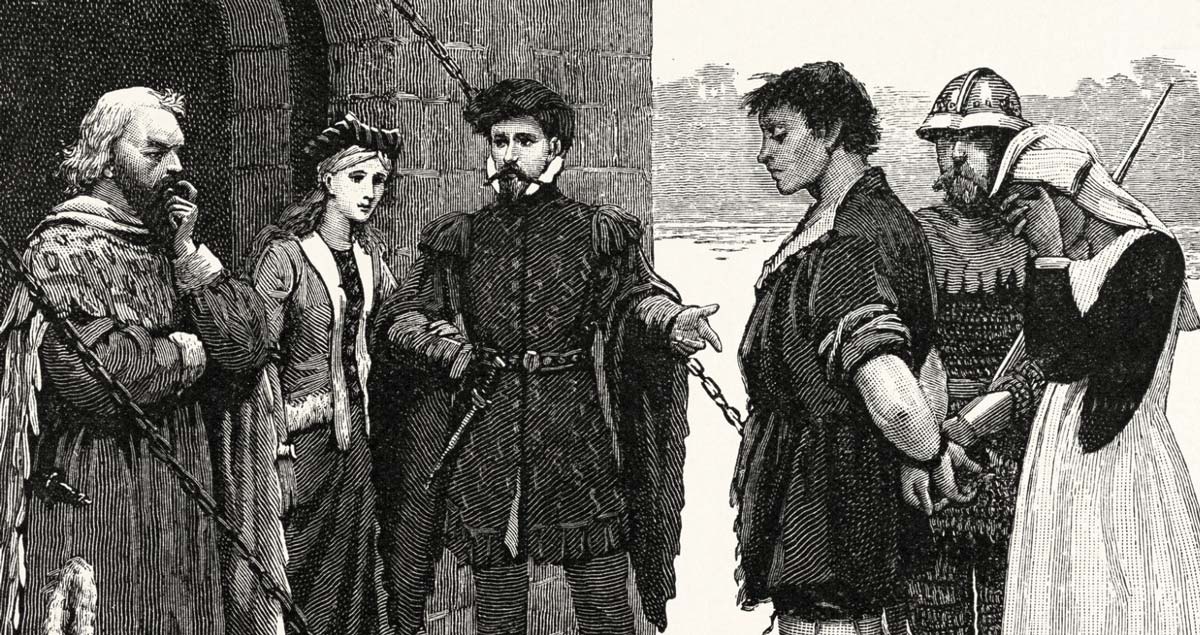
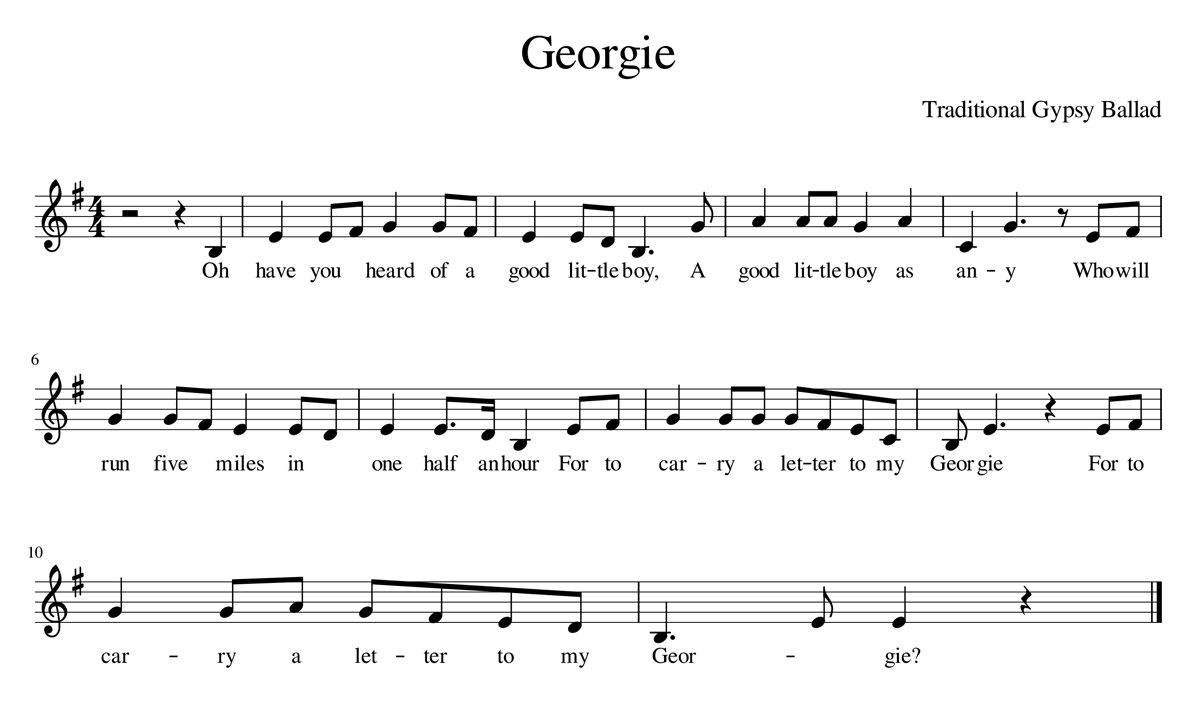
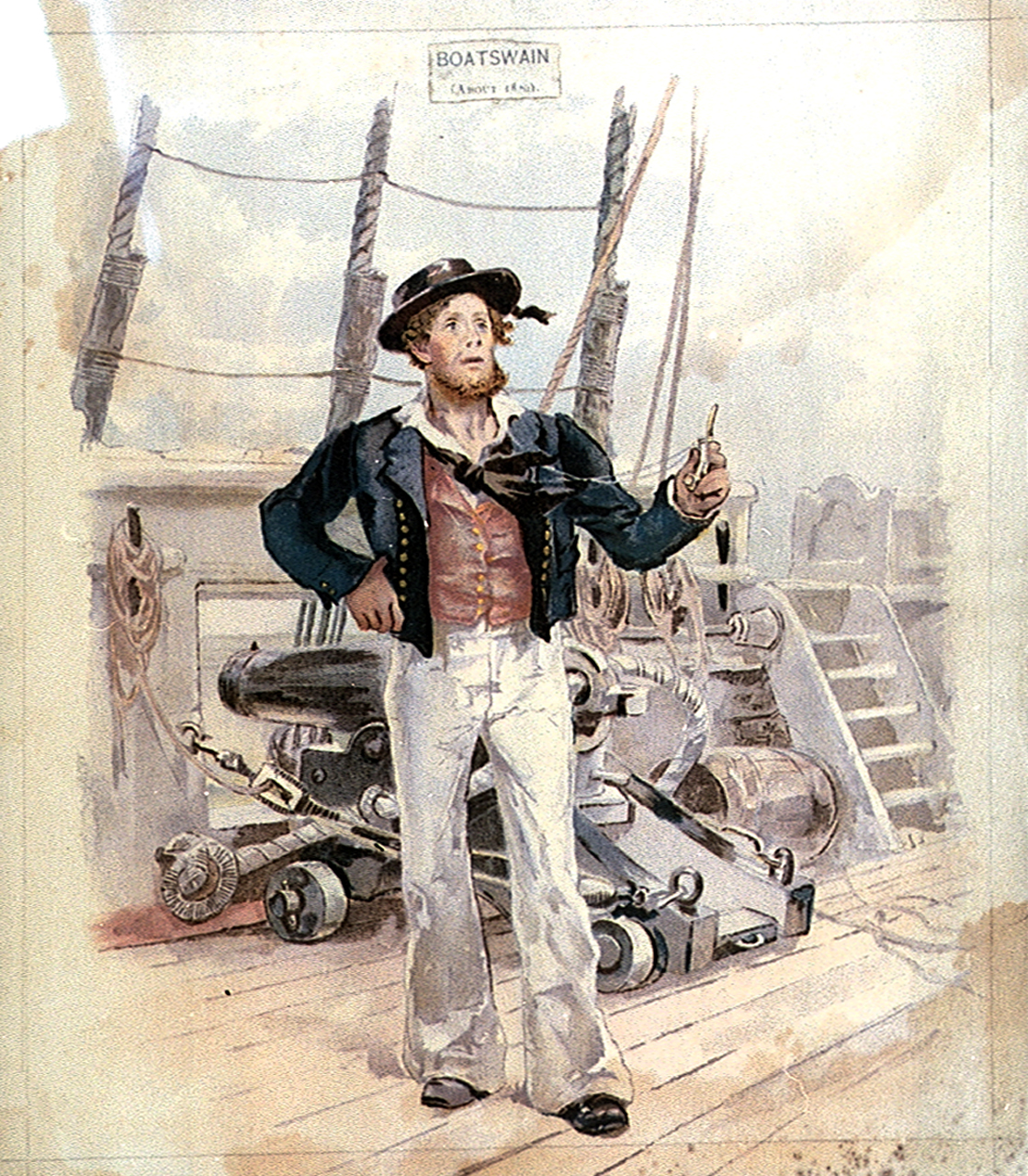
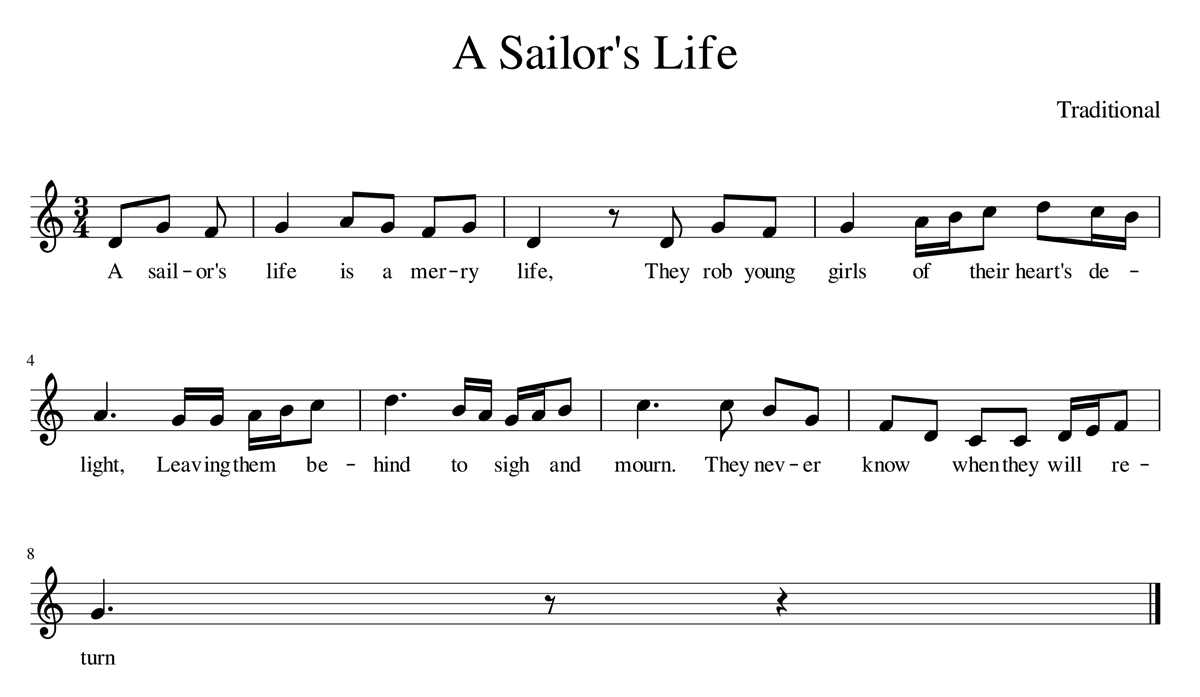
 Thanks to the Massachusetts Cultural Council for their generous support.
Thanks to the Massachusetts Cultural Council for their generous support.